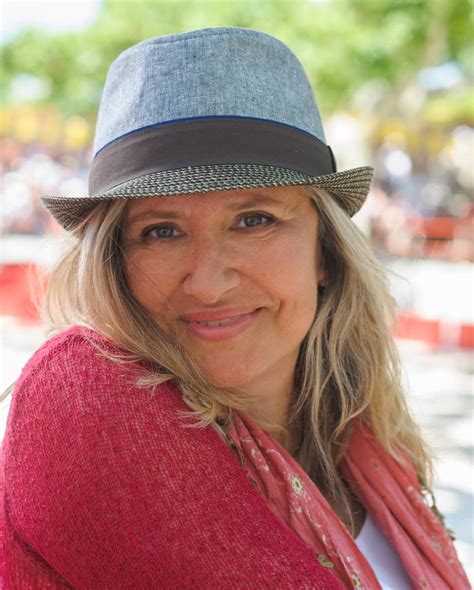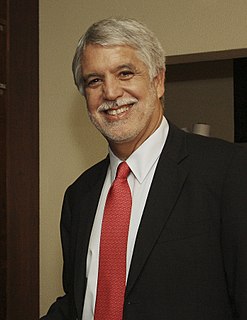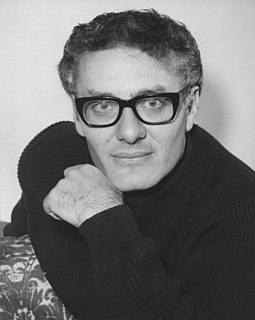A Quote by Richard Louv
If we desire a kinder nation, seeing it through the eyes of children is an eminently sensible endeavor: A city that is pro-child,for example, is also a more humane place for adults.
Related Quotes
The new concept of the child as equal and the new integration of children into adult life has helped bring about a gradual but certain erosion of these boundaries that once separated the world of children from the word of adults, boundaries that allowed adults to treat children differently than they treated other adults because they understood that children are different.
In Bogotá, our goal was to make a city for all the children. The measure of a good city is one where a child on a tricycle or bicycle can safely go anywhere. If a city is good for children, it will be good for everybody else. Over the last 80 years we have been making cities much more for cars' mobility than for children’s happiness.
The Great Society is a place where every child can find knowledge to enrich his mind and to enlarge his talents. It is a place where the city of man serves not only the needs of the body and the demands of commerce but the desire for beauty and the hunger for community. It is a place where men are more concerned with the quality of their goals than the quantity of their goods.
America is not a democracy, it's an absolute monarchy ruled by King Kid. In a nation of immigrants, the child is automatically more of an American than his parents. Americans regard children as what Mr. Hudson in Upstairs, Downstairs called betters. Aping their betters, American adults do their best to turn themselves into children. Puerility exercises droit de seigneur everywhere.
It is one of the paradoxes of parenting, and often a painful paradox, that even as our children need us for love and trust, they also need us for honest differing. It's not only over limits and rules...[but also] about what we represent in the way of culture, traditions, and values. We owe it to our children to let them know what we believe, and if they differ with us, we owe it to them to be honest adversaries, for it is through this honest confrontation that children can grow into adults who have a firm sense of their place in the sequence of the generations.



































